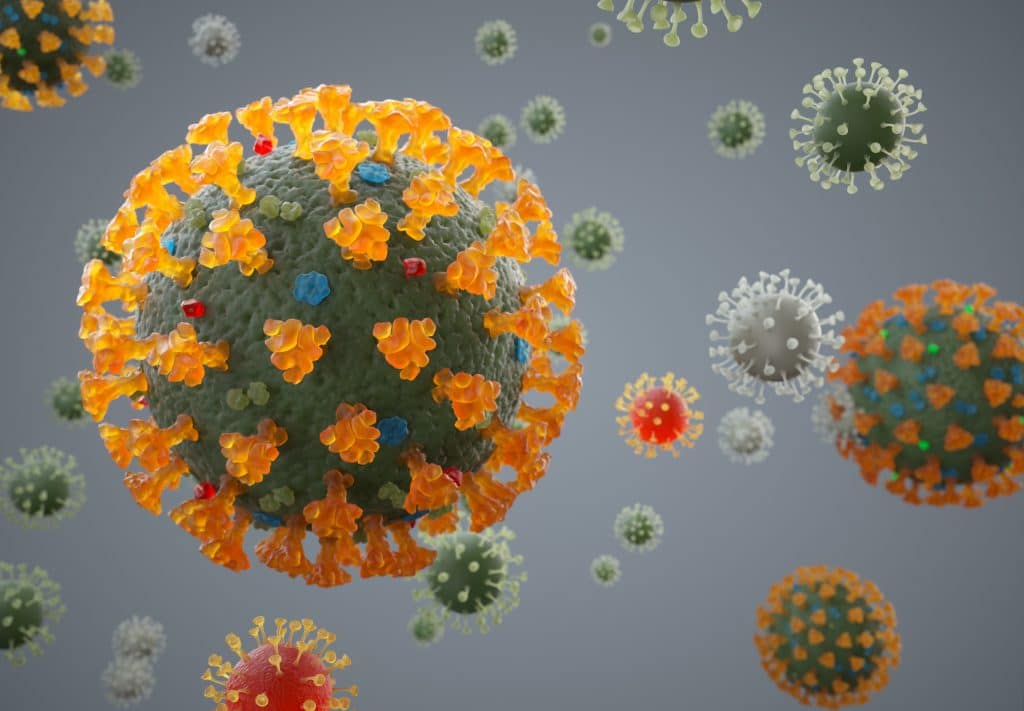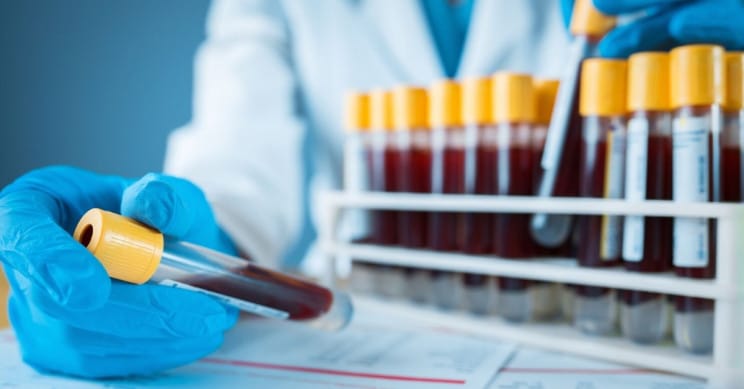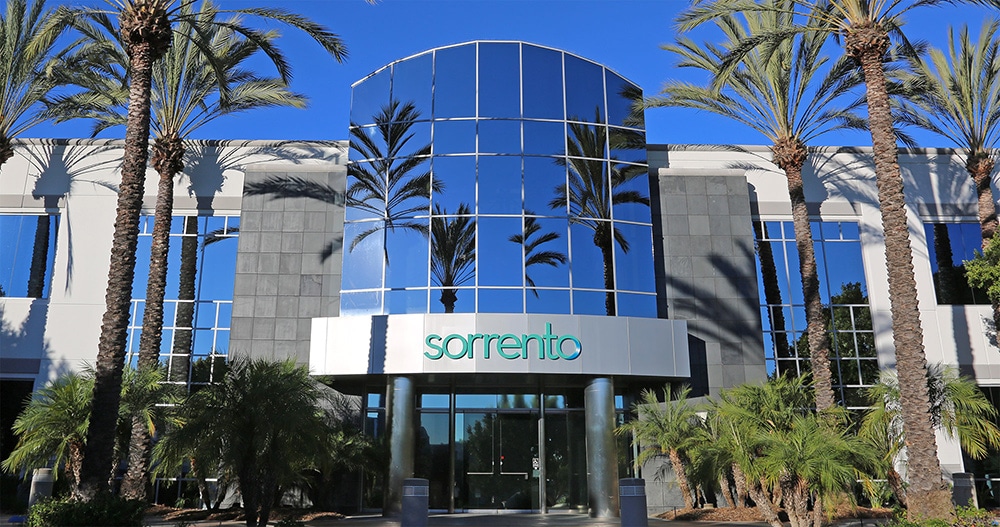A team comprised of doctors and special medical researchers from Mount Sinai Health System and Sorrento Therapeutics – a pharmaceutical company – is working on cloning protective antibodies from COVID-19 survivors and then mass-producing the treatment.

If everything goes well, the pharmaceutical cocktail shall be available by the end of the year. The whole world is currently looking for preventive treatment to battle coronavirus. Doctors have enlisted thousands of survivors for the sole purpose of cloning their immune systems’ antibodies thus being able to save people who are being infected with COVID-19.
Mount Sinai Health System’s Executive Vice President and Chief Commercial Innovation Officer Erik Lium said, ‘We’re working with pharma and biotech partners, such as Sorrento, to bring much-needed therapies to the clinic. We look forward to advancing the development of an effective antibody cocktail with Sorrento.’

Once these antibodies have been administered to an uninfected person, their immune system might be able to stand a chance against the coronavirus. Sorrento CEO Henry Ji believes that the treatment might be able to provide protection to patients for up to two entire months. Ji said, ‘A vaccine takes time to generate immunity and not everyone will respond to a vaccine, especially the elderly and immune-compromised patients. A neutralizing antibody cocktail bypassed the need for a patient to respond to a vaccine and gives instant immunity upon injection.’

Thanks to the partnership with Mount Sinai, Sorrento Therapeutics will have access to blood samples of 15,000 patients. All of these patients have undergone the coronavirus screening thanks to the diagnostic test that was developed by Florian Krammer who is a microbiologist at Mount Sinai.
Henry Ji also said in a press release, ‘It is our belief that as we re-open the country and the economy, we will see local flare-ups of the infectious spread of SARS-CoV-2. Unfortunately, with coronaviruses, mutations are part of the equation and could render therapies ineffective over time.’ Clinical trials are scheduled for the following months and will be carried out on uninfected and sick patients. The team will be submitting an experimental treatment to the FDA for approval by September 2020. Henry Ji also said, ‘We anticipate that we will have the antibodies identified by the end of May and product ready for the clinic mid-July.’


